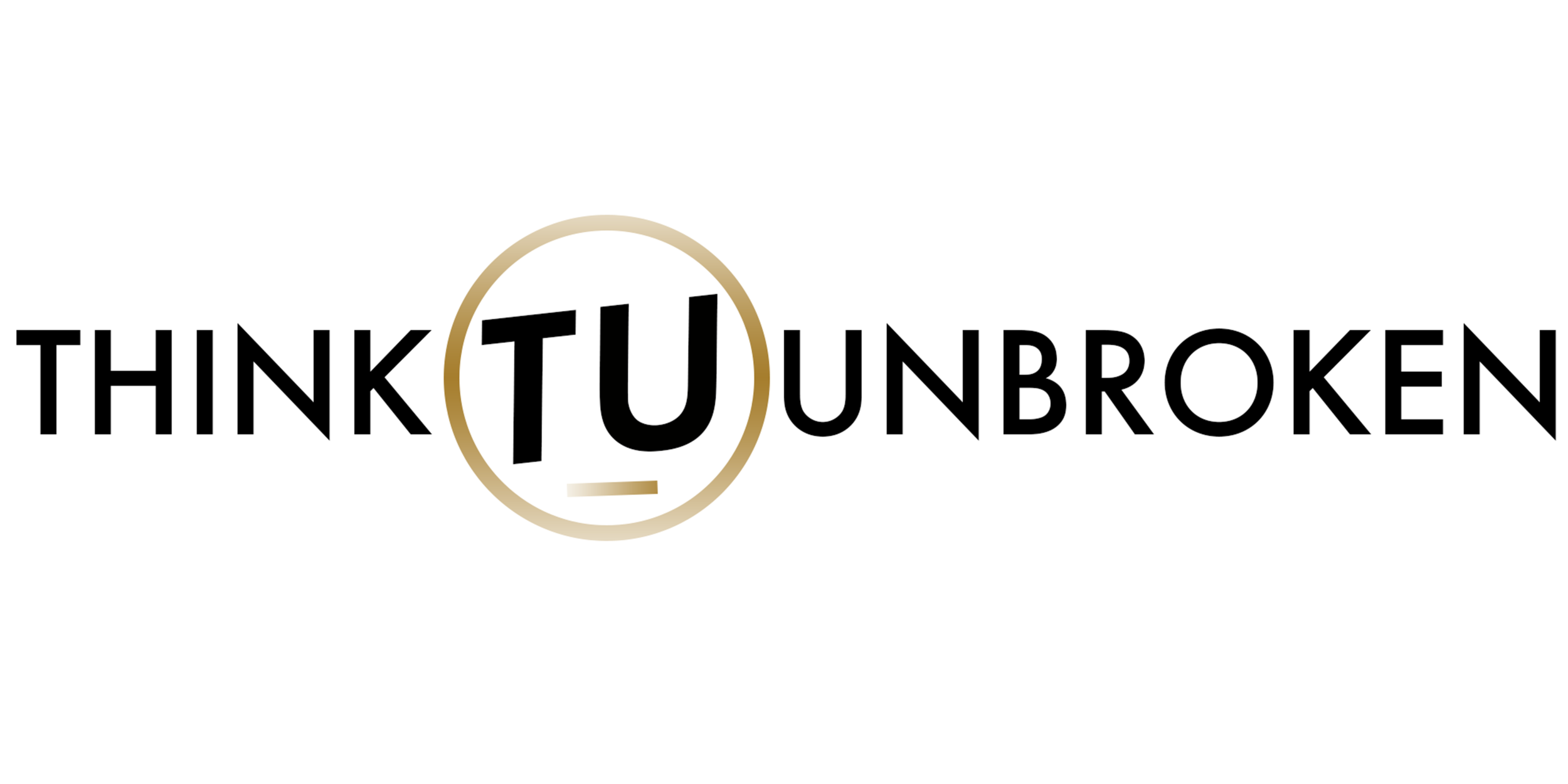Five ways to heal yourself as an adult survivor of childhood trauma
Healing childhood trauma as an adult is possible!
Being an adult survivor of child abuse can be a hard thing to understand. For many of us, we believe that since we are no longer a child that we should not be impacted by the things that happened to us when we were young. The reality is that we are an accumulation of all of our experiences leading up to this very moment, and because of that, our foundation of abuse does continue to carry with us.
Understanding that you have suffered and survived childhood trauma is often the first step to healing. It is in accepting that you have been hurt that you will be able to begin to heal. There are many healing modalities when it comes to trauma recovery for adults, and ultimately, you must find the one best suited for you. There is no right or wrong way to heal from child abuse. The most important thing that you must do is put in the effort, but where do you even start the healing process? That's a great question.
Uncovering, processing, and recovering from childhood trauma can be a lifetime of work, but well worth the effort. Below are five of the best ways to heal yourself as an adult who has suffered from childhood trauma.
1 - Talk Therapy is one of the best treatments for child abuse
Talk therapy is often the front line to recovery for adult trauma survivors. What therapy offers is a nonbiased examination of your past, and with the right therapist, they will be able to give you a better understanding of your life experiences without judgment. For many abuse survivors that are seeking healing, therapy becomes the cornerstone for them moving forward. Taking the first step towards therapy can often be a scary and uninviting place to go as thoughts and feelings of guilt, shame, and embarrassment can sabotage the process. However, the right practitioner can and will help you understand why those thoughts and feelings are occurring and how to work through them.
There are many different therapy options, and it may take multiple visits to multiple different therapists before you find one that is best suited to help you. Finding the right therapists is a bit like dating in that sometimes you have to go on a hundred bad dates before you find the one. As you explore your past and start healing from trauma, consider therapy as a foundational option for your journey. If you are not sure where to begin, then check out betterhelp.com or ask friends for recommendations. You can always try the old fashioned way and google therapists in your area as well.
2- Childhood Trauma Mentors and Trauma Coaches
Finding a mentor or coach can play a crucial role in starting the process of recovering for childhood trauma survivors. Mentors are people that ideally have something to offer you in the way of support and guidance. Unlike a therapist who will give you feedback about your mental well-being, a mentor's responsibility is to be someone who helps keep you accountable to yourself while equipping you with the tools that you need to navigate life. A good mentor will be a support system who will help you understand what steps you need to be taking, how to get to where you want to be, and how to leverage tools and systems to become the best version of yourself.
The truth is that mentors and life coaches are a dime a dozen and many of them have not entirely done or are doing the work to be their best selves and often prey on the vulnerable, but the coaches and mentors who are truly serious and impactful can be people that change your life. Finding the right mentor is akin to finding the right therapist. You can check out Think Unbroken's one-on-one Mentorship as a place to start your search.
Adults with childhood trauma need to do more
Doing more is not to be confused with being avoidant and doing things that are not productive or conducive your trauma recovery. Doing more is about getting out of your comfort zone. It is so easy as abuse survivors to isolate and hide from the world. Being alone with our thoughts at times can be healing and cathartic, but being alone can also be detrimental when that bleeds over into social interactions, procrastinating, and not following through.
Doing more should be about exploring who you are and what you want and are interested in. One of the things that adults survivors of abuse have to understand is that we have agency over all of the things that we do. Agency is the power and ability of choice. You can choose to stay in your comfort zone and never explore what interests you or you can work towards getting a better understanding of yourself through exploration and adventure. That doesn't mean you have to go skydiving or maybe it does. That's agency.
4 - Educate yourself about the impact of childhood trauma
There is so much information at your fingertips right now. One of the catalysts for change and healing trauma is through education. The resources at your hand are endless. From YouTube to PubMed, you can find fantastic information about all things trauma healing related. You can find information on specific and nuanced modalities and even practices that you can implement yourself. The power of knowledge in the trauma space can be your most excellent tool. The more you know about the impacts and effects of child abuse and how to mitigate them, the more you take your power back.
5 - Speak your truth about abuse and recovery
This might come as a surprise, but there is an inherent power that comes with speaking your truth and owning your past. We often hide from the reality that we were impacted by child abuse and trauma as it is a natural reaction based on the expectations of society to sweep the abuse under the rug and out of sight. You may not need to share your experience across social media platforms but instead through writing in a private journal. Speaking your truth is about taking ownership and acknowledging that you were hurt. You don't have to play the victim to be cognizant of the fact that something was taken from you.
If you choose to speak out publicly about your abuse, make sure that it is something that you are doing of your own volition.
There is no right or wrong way to begin the healing process, and it takes time. We all start at zero, and the path ahead can be long and complicated, but on the backside of doing the work is a beautiful future.
Check us out on social media @ThinkUnbroken






